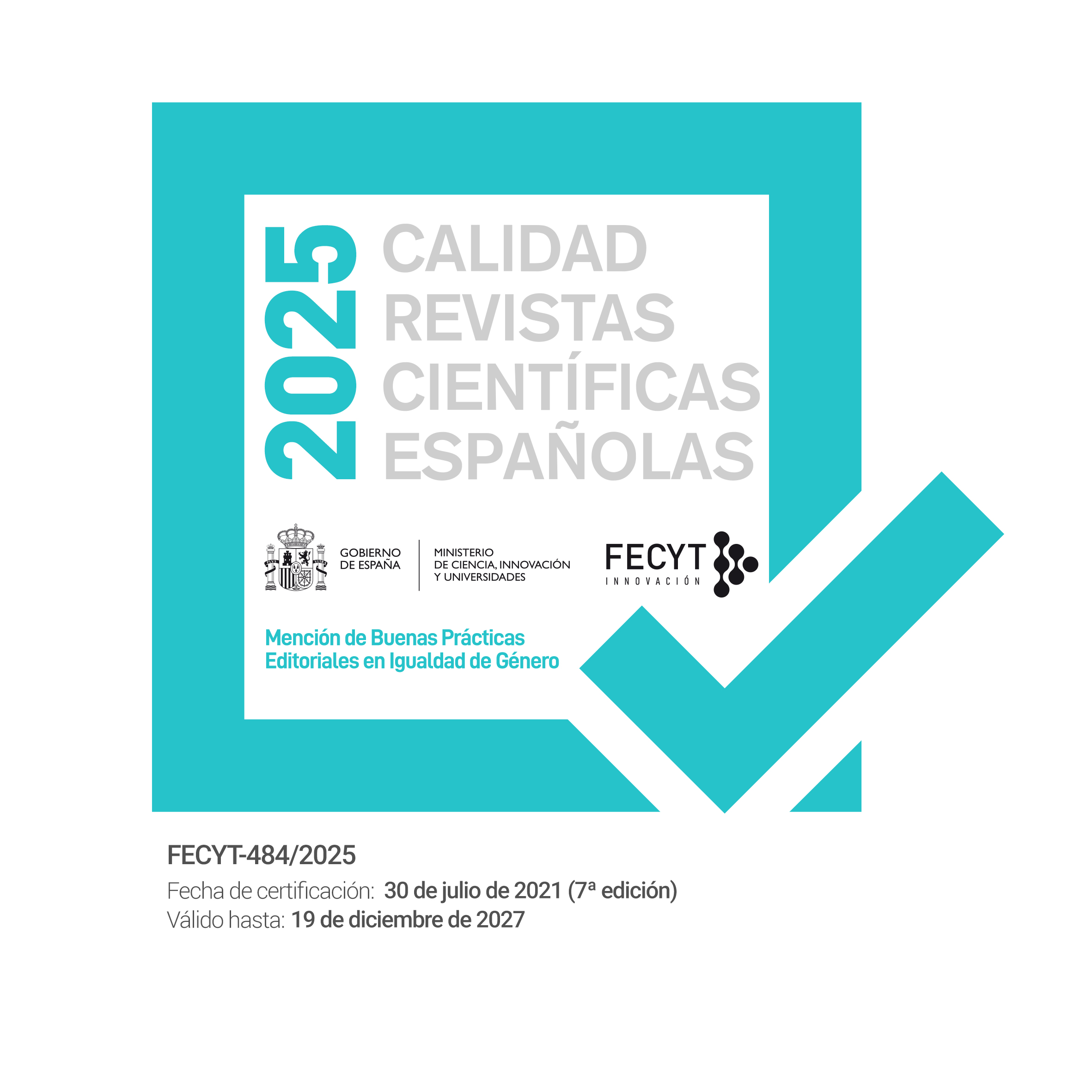Political Socialization, Emotions, and Citizenship: Democratic Political Culture in the Films during the Spanish Transition
DOI:
https://doi.org/10.5944/hme.5.2017.16704Keywords:
Cinema and Political Socialization, Transición democrática in Spain and Education, Citizenship Education in SpainAbstract
After Franco´s death in 1975, Spain began a new stage in its history whose first step was called Transición democrática. Our democratic regime had to impose its own rules, extremely different from the ones previously established by Franco Regime. According to Nussbaum, all political principles need an emotional support to survive, become real and achieve stability over time. Emotions need to be transmitted by agents of socialization such as family, school or the mass media. Experts in mass media point out the different mental and emotional processes that take place when people sit in front of a screen and stare at it, and the way that these processes interact with each other. A considerable amount of information is received, and despite being frequently unconscious for us, it
enters our brain, causing a deep impact in our personality. The main aim in our research is to examine to what extent Spanish cinema of this period helped the democratic system garner support and, subsequently, what kind of a sense of citizenship these films portrayed. The sample used consists of twenty-two films whose only common element is the period in which they were made, the Transición democrática
Downloads
References
Alzaga, Óscar. La Constitución Española de 1978. Comentario sistemático. Madrid: Ediciones Foro, 1978.
Ambrós, Alba, and Ramón Breu. Cine y educación. El cine en el aula de primaria y secundaria. Barcelona: Graò, 2007.
Ardánaz, Natalia. «La Transición política española en el cine (1973-1982)». Comunicación y Sociedad 2 (1998): 153-175.
Artola, Miguel, dir. Las Constituciones Españolas. Madrid: Lustel, 2008.
Damásio, Antonio. En busca de Spinoza. Neurobiología de la emoción y los sentimientos. Barcelona: Crítica, 2005.
Eurydice. «Citizenship Education at school in Europe». Bruselas, Comisión Europea, 2005. www.eurydice.org/Documents/citizenship/en/FrameSet.htm
Flores Auñón, Juan Carlos. El cine, otro medio didáctico. Madrid: Escuela Española, 1982.
Huerta Floriano, Miguel Ángel, and Ernesto Pérez Morán. El «cine de barrio» tardofranquista. Reflejo de una sociedad. Madrid: Biblioteca Nueva, 2012.
Instituto de Estudios Pedagógicos Somosaguas. Educación para la ciudadanía. Un estudio basado en las competencias transversales. Madrid: Narcea, 2002.
Martín Jiménez, Virginia. Televisión Española y Transición Democrática. Valladolid: Ediciones Universidad de Valladolid, 2013.
Morán, Gregorio. El precio de la Transición. Madrid: Akal, 2015.
Morodo, Raúl. La Transición política. Madrid: Tecnos, 1999.
Nussbaum, Martha C. Emociones políticas. ¿Por qué el amor es importante para la justicia?. Barcelona: Paidós, 2014.
Peces-Barba, Gregorio. La elaboración de la Constitución de 1978. (Madrid: Centro de Estudios Constitucionales, 1988.
Potter, John. «The Challenge of Education for Active Citizenship». Education & Training 44 (2/3) (2002): 57-66.
Prego, Victoria. Así se hizo la Transición. Barcelona: Plaza & Janés, 1995.
Puelles, Manuel de. Educación e ideología en la España Contemporánea. Barcelona: Labor, 1986.
Reia-Baptista, Vítor. «Apropiaciones mediáticas con ejemplos de cine europeo». Comunicar: Revista científica iberoamericana de comunicación y educación 39 (2012).
Sánchez Cuenca, Ignacio. «Consenso y conflicto en la transición española a la democracia». In Democracia y socialdemocracia. Homenaje a José María Maravall, edited by Adam Przeworski and Ignacio Sánchez-Cuenca. Madrid: Centro de Estudios Políticos y Constitucionales, 2012.
Sánchez-Cuenca, Ignacio, and Paloma Aguilar Fernández. «Violencia política y movilización social en la Transición española». In Violencia y transiciones políticas a finales del siglo XX, edited by Sophie Baby, Olivier Compagnon and Eduardo González-Calleja, 103 y 111. Madrid: Casa de Velázquez, 2009.
Santos Juliá, Javier, Javier Pradera and Joaquín Prieto, coords. Memoria de la Transición. Madrid: Taurus, 1996.
Share, Donald, and Scott Mainwaring. «Transiciones vía transacción: la democratización en Brasil y en España». Revista de Estudios Políticos 49 (1986): 87-135.
Valero, Tomás. Historia de España contemporánea vista por el cine. Barcelona: Publicaciones de la Universidad de Barcelona, 2010.
Vaz de Soto, José María. El infierno y la brisa. Barcelona: Argos Bergara.1982. 1ª Edición 1971.
Downloads
Published
How to Cite
Issue
Section
License
Authors who publish in Historia y Memoria de la Educación agree to the following terms:
- Authors retain copyright and grant the journal right of first publication with the work simultaneously licensed under a Creative Commons Attribution-NonCommercial 4.0 International that allows others to share the work with an acknowledgement of the work's authorship and initial publication in this journal.
- Authors are able to enter into separate, additional contractual arrangements for the non-exclusive distribution of the journal's published version of the work (e.g., post it to an institutional repository or publish it in a book), with an acknowledgement of its initial publication in this journal.
- Authors are permitted and encouraged to post their work online (e.g., in institutional repositories or on their website) prior to and during the submission process, as it can lead to productive exchanges, as well as earlier and greater citation of published work (See The Effect of Open Access).












